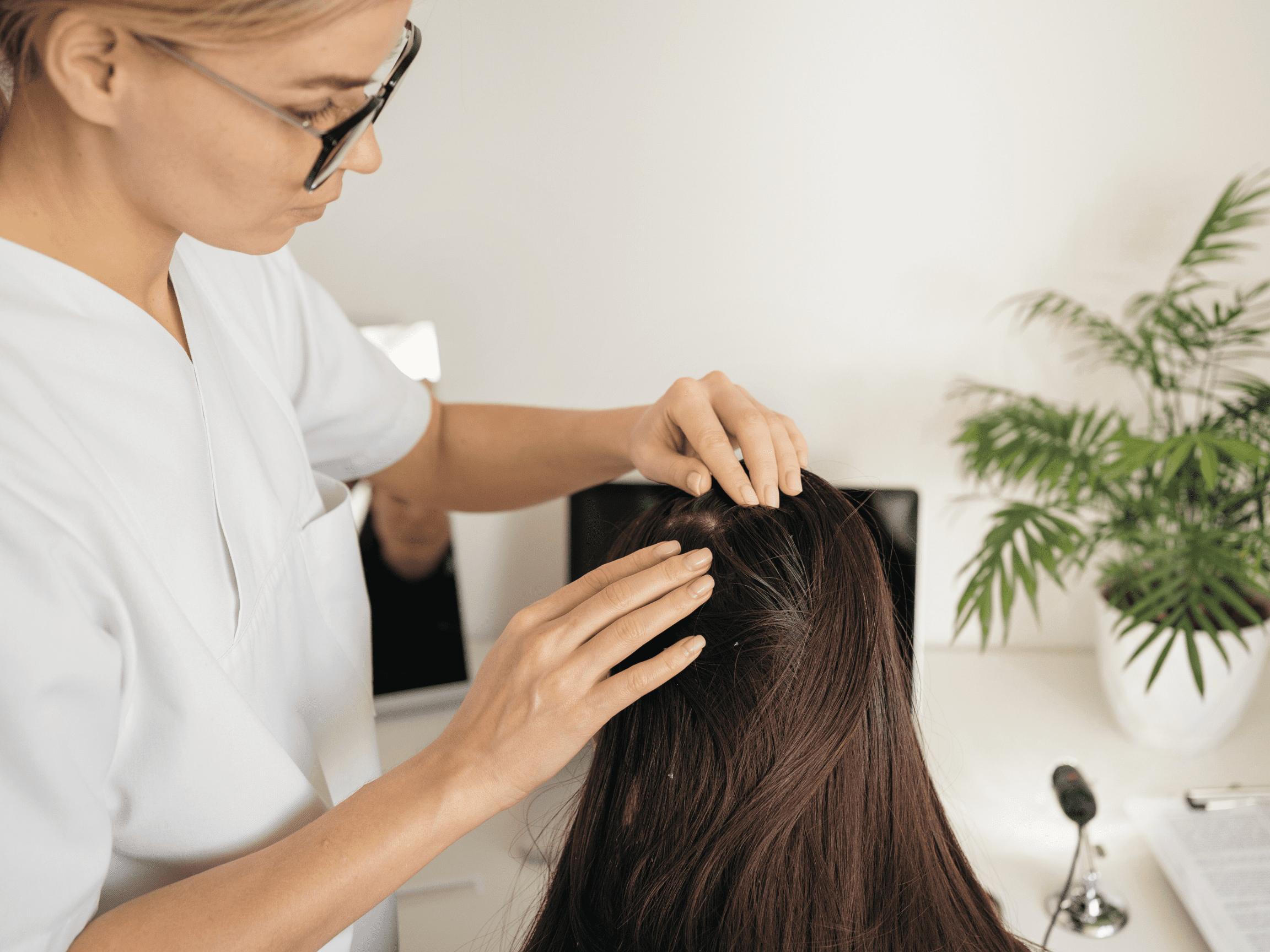
Hair Medical Restoration
Finasteride, a medication primarily prescribed for the treatment of male-pattern hair loss and benign prostatic hyperplasia (BPH) in men, has sparked debate regarding its use in women. This text aims to unravel the complexities surrounding finasteride’s potential efficacy and risks when utilized in female patients, treating androgenetic alopecia.
Finasteride is a 5-alpha reductase inhibitor that works by blocking the conversion of testosterone into dihydrotestosterone (DHT). DHT is implicated in the miniaturization of hair follicles, leading to male-pattern baldness.It is common that in female patients with a history of alopecia in their family it may occur; this pathology has treatment when it is diagnosed in time. It is important that your doctor is up to date on common differential diagnoses in women.
While finasteride has demonstrated efficacy in men, its use in women remains a contentious issue. The U.S. Food and Drug Administration (FDA) has not approved finasteride for female-pattern hair loss due to concerns about safety, particularly during pregnancy.
It is important to carry out an individualized evaluation of the symptoms presented by the patient, as well as to review whether it is more beneficial to begin medical treatment in these cases.
Despite lacking FDA approval for this specific indication, some healthcare providers may prescribe finasteride off-label for certain women experiencing androgenetic alopecia (female-pattern hair loss). Limited studies suggest that finasteride may have positive effects on hair growth in women, particularly in postmenopausal individuals.
If prescribed off-label, women may be given lower doses of finasteride compared to men. The optimal dosage and duration of treatment are areas that require further investigation.
Women seeking hair loss treatment may explore alternative options and adjunct therapies, including topical minoxidil, low-level laser therapy, and hormonal interventions depending on the underlying cause of hair loss. Here at HMR we have different treatment options, a trained doctor will look for the best option for your case.
Healthcare providers must engage in thorough consultations with female patients considering finasteride. Discussions should encompass potential benefits, risks, and alternative treatment options. Informed consent, particularly regarding the risks during pregnancy, is paramount.
The use of finasteride in women for hair loss remains a complex and debated subject. While some evidence suggests potential benefits, the lack of FDA approval and concerns about safety, especially during pregnancy, warrant cautious consideration. Women contemplating finasteride should engage in open dialogue with their healthcare providers to make informed decisions tailored to their individual health needs and circumstances. Come for a consultation to check your hair and determine the best treatment for you.


